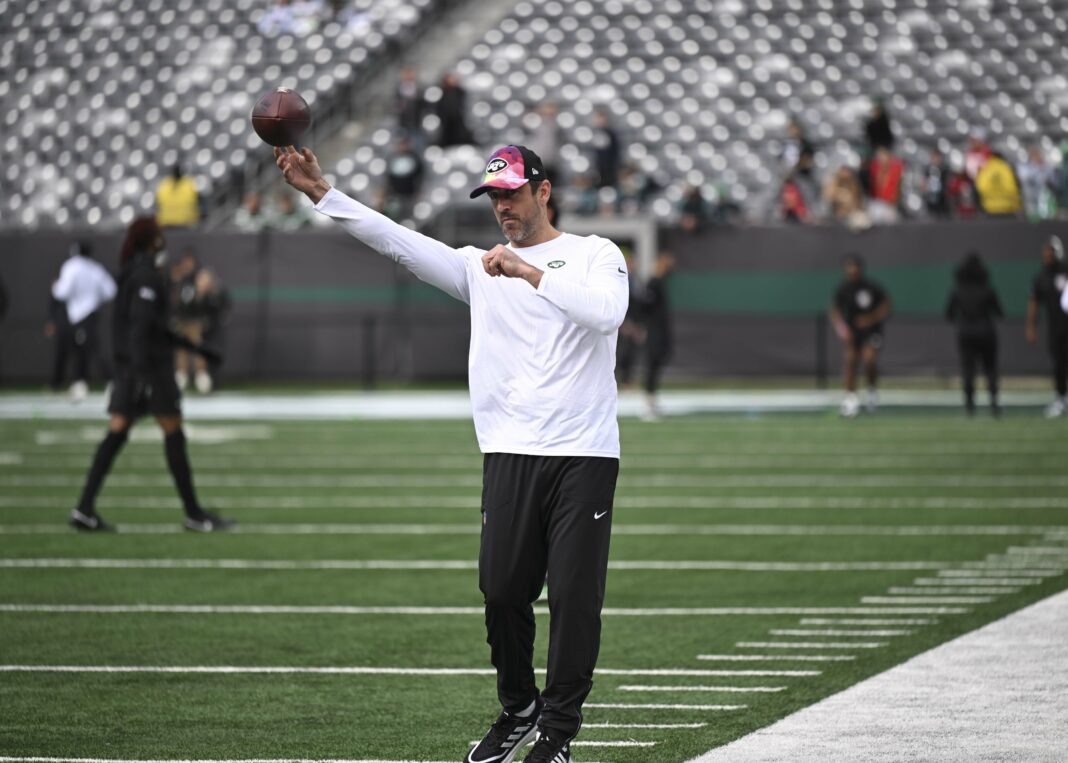Content available exclusively for subscribers
“It’s a marathon and not a sprint.”
That is a cliche quote you often hear about the long NFL season.
So when you are talking about a 17-game season, that lasts 18 weeks to the bye-week, it’s absurd to draw conclusions about what a team is based on one or two games.
Yet, that is often what happens every week in some quarters of the media.
Somebody should start compiling “narrative stats.”
We hold players accountable for their stats and performances, why shouldn’t we (the media) be held accountable?
How about stats about reporters on how many times they felt a player was the answer, and how many times he wasn’t the answer? Or how many times a team was good or they sucked in the same season?
Look, it’s okay to criticize a player or team for a particular performance, but don’t let a game or two lead to absolutes about the quality of a player or team.
“Look at how much the narrative can change from week to week. Look at the narrative that was there about Zach Wilson, about our team, and then we win two games and now Greeny’s saying we can win division. Nobody was saying that s–t a few weeks ago; a lot of things change,” Aaron Rodgers said on ESPN.
“Greeny” is a Jets fan who works at ESPN.
Look, I’m far from perfect in my analysis, but I try to stay consistent.
Obviously, Wilson has improved since the team’s 15-10 loss to New England, but win or lose, the film shows mainly a one-read or run QB, who has worked well the last three weeks with OC Nate Hackett, who has done a terrific job of dialing up a lot of ideal first reads. The two have a good synergy right now.
But hat-tip to Rodgers for calling out the absurdity of some writers and TV talking heads, for seemingly changing their takes on teams and players week to week.
“The narrative can change so quickly in this league. It’s overreaction Mondays every single week,” Rodgers said. “Look at what’s going on in New England. ‘Bill’s gonna be out’ and ‘Mac is the problem’ and then Mac goes out and balls out, I think he was 25 of 31, played incredible, led them on a last-second drive and now it’s like, ‘Mac was never the problem!’ You have to be able to laugh at some of this (expletive) because it’s so ridiculous. The overreactions and the blanket statements are crazy.”
In fairness, this can cut both ways.
If your critical of a player or team over a stretch of time, which is perhaps a good sample size, and then the team or player has a good game, you will get it thrown in the face, “See the haters were wrong.”
Sometimes a player can be like a broken clock, You know that old saying, “A broken clock is right twice a day.”
Players, who might not be long-term answers, and struggle more than they flourish, could have a game or two here or there where everything hits right.
Look at that game Chicago QB Justin Fields had a couple of weeks ago against the Washington Commanders. He threw four touchdown passes and the Bears broke a 14-game losing streak. Does that one game mean he’s the answer? Perhaps not.
But getting back to Rodgers’ point. It’s abject stupidity to keep changing narratives so drastically every week or two on a player or team.
Must bigger sample sizes are needed to evaluate the quality of players and teams.
October 25, 2023
Premium will return by 9:30 pm or sooner on Thursday.




